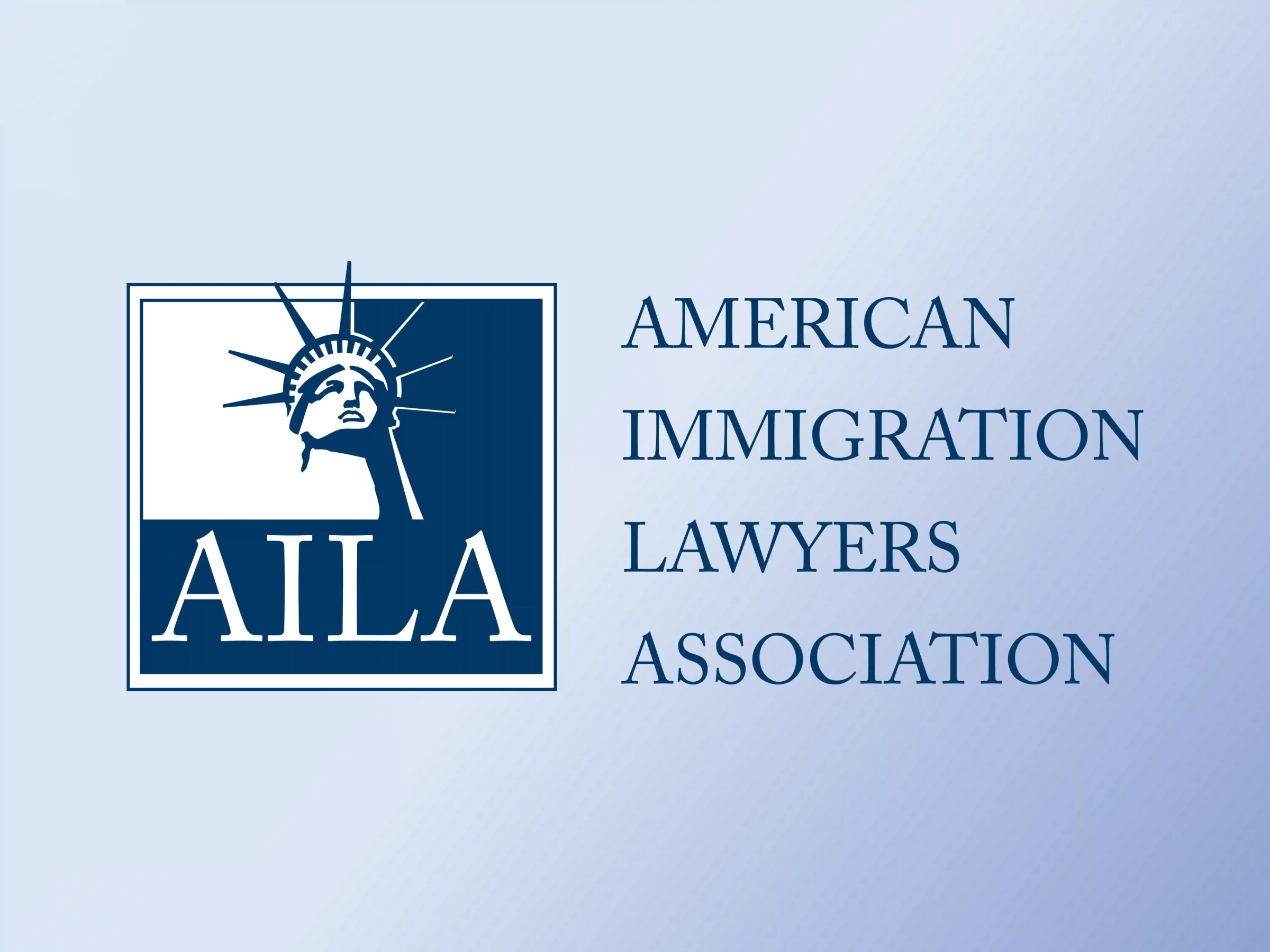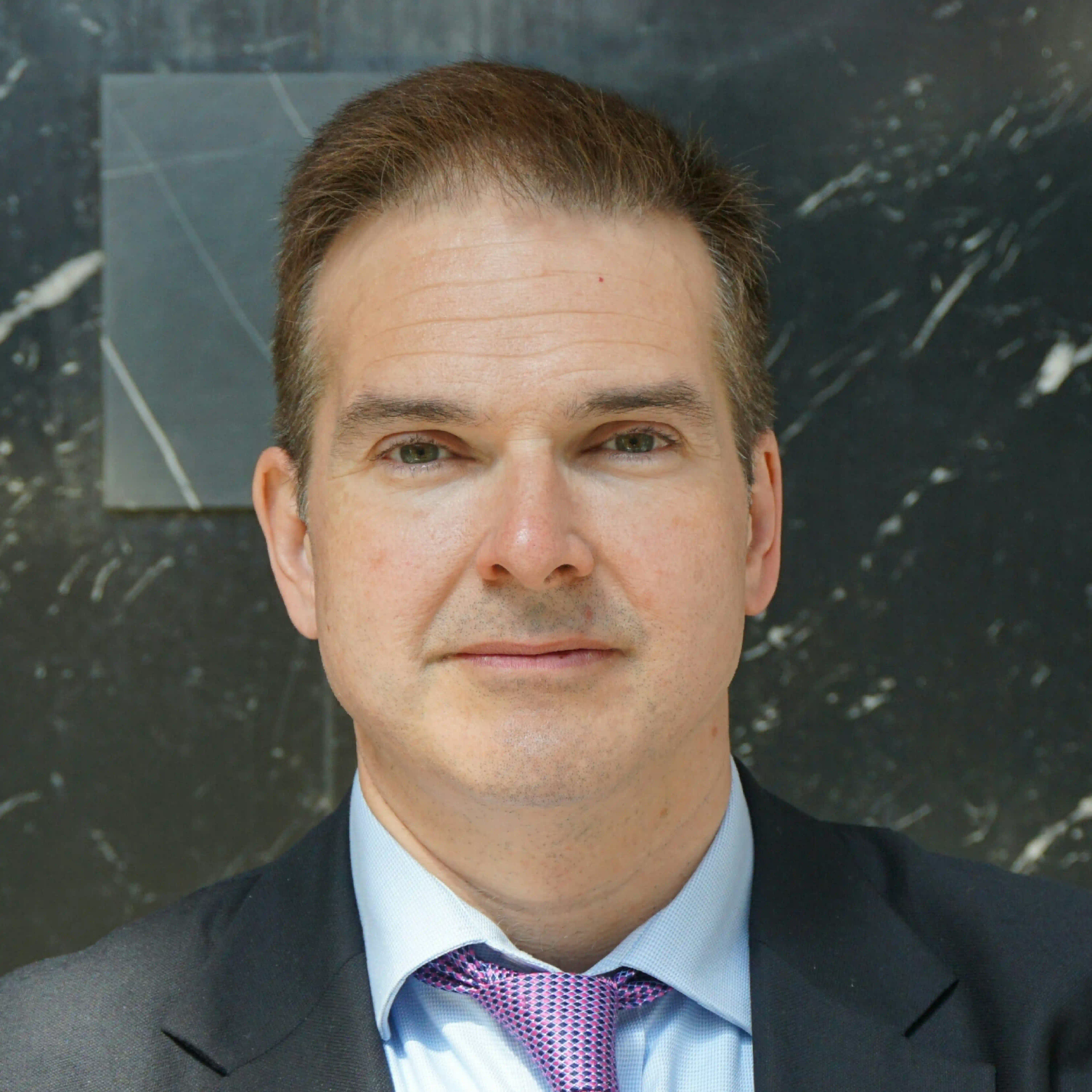I’ve just returned from the Inaugural AILA Tech Summit, held yesterday at the Washington DC national office of the American Immigration Lawyers Association (AILA). This invitation-only event brought together prominent members of the private bar and AILA staff to coordinate efforts to inform the immigration law community about the advances in technology which are reshaping the ways that immigration lawyers practice. A brief summary of each panel follows.
Artificial Intelligence in Law Firms Today
We first heard from Greg Siskind of the firm Siskind Susser. Mr. Siskind has made great strides in automating his client on-boarding and internal office processes. His firm uses custom-built apps employing artificial intelligence to perform many functions, such as:
determining if individuals are eligible for specific visa categories
generating a customized retainer agreement for each case
soliciting client feedback about their satisfaction with the firm’s services
performing artificial intelligence-powered legal research
Among other achievements, Siskind Susser, through a partnership with Neota Logic, has automated the process for creating a public access file which employers must maintain for all H-1B employees.
Future of Immigration Case Management Software
A second panel featured executives of several immigration case management companies. The discussion focused on ongoing improvements in the field, in particular an increase in the number of API integrations.
The advances that have been made in integrating processes seamlessly amount to a sea change, allowing us to in the near future to work within an environment where all law firm processes will be automated and seamlessly integrated, including:
inbound marketing and client on-boarding
case management and forms production
compliance functionality that interfaces with E-Verify and I-9 compliance tools
USCIS Transformation to Online Filing
Another session was devoted to the topic of “USCISTransformation” which included discussion of the current state and planned evolution of the USCIS Electronic Immigration System (ELIS), which presently only allows e-filing for a few forms, but is slated for expansion.
Leon Rodriguez, who served as the Director of USCIS from 2014-2017, related the stated current goal of USCIS to have a comprehensive e-filing platform in place by the end of 2020. Given the history of previous attempts at building such a system and the very slow progress to date despite enormous resources being devoted to the task, the reaction from many in the audience was skeptical. Nevertheless, Mr.Rodriguez’s comments provided essential insights into why the transition to a modern e-filing system has been so difficult and slow.
In creating a comprehensive e-filing system for USCIS, the internal processes within the agency relating to case tracking and adjudication must be modernized
The task faced by USCIS is not merely deploying a consumer-facing platform but also making sure that the USCIS-facing side is equipped to handle the transition without causing technical glitches or perhaps even a total crash of the platform.
Were such a crash to occur, the result could be paralysis at the agency and additional months of adjudication time for cases, all of which could have potentially massive negative consequences for the public.
Ethical Considerations of Changing Delivery Models
The ethical rules lawyers must abide by when contemplating making internet-based innovations in their practices were discussed in an afternoon session led by Hope Todd, Ethics Counsel for the District of Columbia Bar. Ms. Todd focused on the topic below.
Evolution in ethical standards by the 50 state bars has been extremely slow compared to the development of online technologies.
A historic resistance to advertising and territorialism on the part of local bars has led to a patchwork of standards in the rules regarding online advertising, with a few outlier jurisdictions still requiring such onerous steps as maintaining static screenshots of all advertising done online.
When doing online marketing, attorneys must not engage in giving referral fees to non-lawyers or fee splitting with non-lawyers.
The well-known online legal document provider LegalZoom has effectively won all of its battles against the state bars who had accused the company early-on of engaging in the unauthorized practice of law.
A recent resolved case arising in Florida involved the traffic ticket app TIKD. The Florida bar had accused TIKD of unauthorized practice of law and had prohibited Florida attorneys from the app generate business. TIKD filed a federal antitrust suit against the Florida bar, alleging that state regulators colluded with a traditional private law firm called Ticket Clinic, a competitor of TIKD, to put the tech company out of business. The Florida Bar’s motion for dismissal argued that the bar is immune from antitrust liability under the state action doctrine because it is an arm of the state Supreme Court and an agency of the state. The US District Court granted the bar’s motion to dismiss in December 2018.
Online Delivery of Legal Services
Another afternoon session “Online Delivery of Legal Services” discussed new models through which immigration law firms can become competitive by using web-based applications that automate form preparation and shift the data entry tasks to prospective clients, greatly reducing labor for law firm staff and thereby allowing the firm to substantially lower fees for clients.
Offering limited scope of services in selected cases to provide clients with a partial self-help solution for their case at a reduced fee was another topic explored, including which types of cases could be handled in such a fashion and how firms can compete with non-lawyer tech companies offering purely do-it-yourself form preparation products.
Nonprofits as Technology Leaders
The nonprofit sector was the subject of the second to last panel of the day.
Technological innovations that immigration service-providing nonprofits are implementing include the use of SalesForce for managing on-boarding.
Nonprofits are driven by the need to maximally utilize available resources to serve their client bases, thereby demonstrating efficiency to their funding foundations.
For non-profits, it’s not about technology per se. It’s about using the technology to increase the organization’s efficiency and effectiveness in doing its work thereby more fully realize its mission.
Attendee Forum
The final session of the day-long event was a discussion with AILA Executive Director Ben Nelson. The discussion focused on the types of events AILA should organize to help members become proficient at using the latest technologies and reduce the fear of change felt by some lawyers. The discussion concluded that AILA must work to create an overall vision of immigration practice in the future, a future in which member attorneys can see themselves practicing in the new seamless online environment and using the latest technological tools to maximize their ability to serve clients and flourish as practitioners.
Carve Your Niche in Immigration Law
Unlock the potential of your personal brand and set yourself apart in the world of immigration law. Harness the tools, strategies, and insights to become the go-to expert in the immigration law landscape.
Download Now
About the author
James E. Pittman is a distinguished immigration attorney, co-founder of DocketWise, and Director and Subject Matter Expert (SME) in immigration at Docketwise, a leading platform delivering purpose-built solutions for legal and accounting professionals. A former patent attorney, he later built a highly regarded U.S. immigration practice and is a sought-after CLE educator on immigration law and ethics. James is admitted in NY, NJ, before the USPTO, and hosts the DocketWise video podcast Immigration Uncovered.

